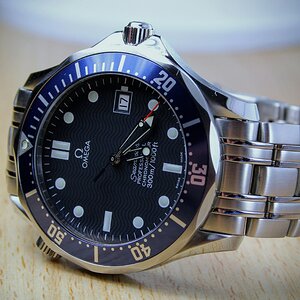amolitor
TPF Noob!
- Joined
- May 18, 2012
- Messages
- 6,320
- Reaction score
- 2,131
- Location
- Virginia
- Can others edit my Photos
- Photos OK to edit
I always do what cops tell me to do. Cops in this country, you may have noticed, carry guns. My rule is actually more general than that, when a person with a gun asks me to do something, I do it. This seems to substantially reduce the frequency with which I get shot.


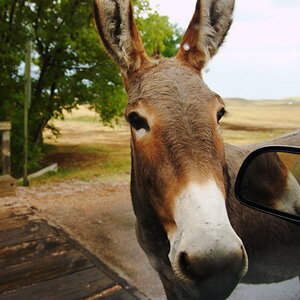
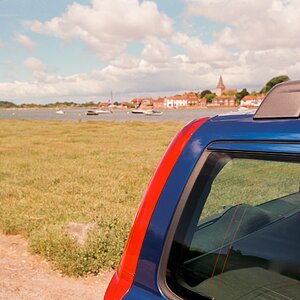
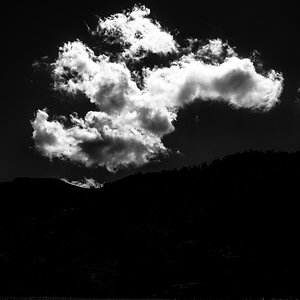
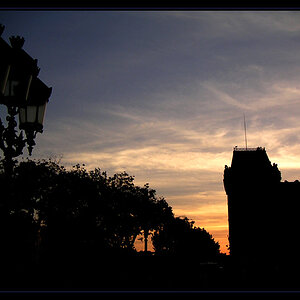

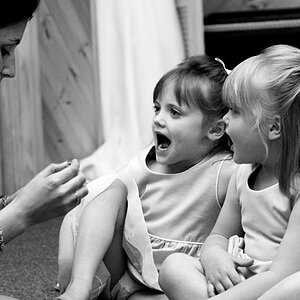
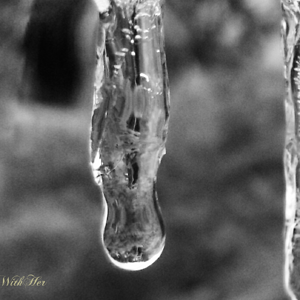
![[No title]](/data/xfmg/thumbnail/35/35948-700e0d840da0ca73727b1bd6d99b4142.jpg?1619737257)

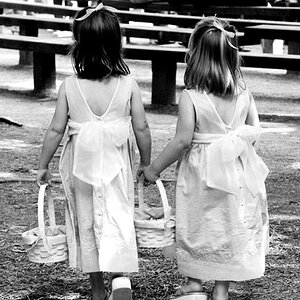
![[No title]](/data/xfmg/thumbnail/37/37606-3c9ffb5906173fa2aa489341967e1468.jpg?1619738148)
